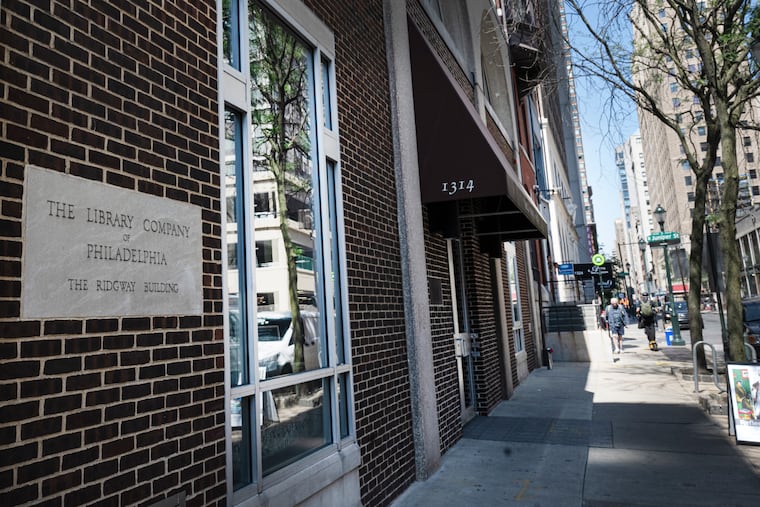Temple University and Library Company of Philadelphia are in final talks for a merger.
In a significant development for the cultural landscape of Philadelphia, Temple University and the Library Company of Philadelphia are reportedly nearing an agreement regarding a proposed merger between the two institutions. During a meeting held this past Wednesday, shareholders of the Library Company were updated on the negotiations, which have been characterized by a sense of urgency stemming from the institution’s financial difficulties.
Before the merger can be finalized, however, it must clear several regulatory and organizational hurdles. Approval from the boards of both Temple University and the Library Company is required, followed by a vote from the Library Company’s approximately 500 shareholders. Additionally, the merger will also need to receive assent from Philadelphia’s Orphans’ Court, which oversees matters related to both charitable organizations and estates.
The recent special meeting, convened by concerned shareholders, was prompted by a lack of transparency regarding the merger discussions. Shareholders expressed frustration over what they saw as insufficient communication from the leadership of both organizations. Library Company Director John C. Van Horne confirmed that discussions regarding the merger are advancing toward an endpoint, emphasizing the importance of preserving the Library Company’s organizational identity and ensuring the continuity of its collections, staff, and programs.
Officials from Temple University view the prospective merger as an opportunity to enhance their existing academic framework. They believe that the resources and collections held by the Library Company can significantly enrich Temple’s academic offerings and research initiatives. Nevertheless, officials noted that the Library Company has been facing operational deficits for several years. Financial projections indicate that without a substantial endowment increase—estimated at million—the institution could only sustain its operations for another two to three years.
A recent fundraising campaign raised approximately million; however, it lacked the sustainability needed for the Library Company to maintain independence. Despite the challenges, some shareholders voiced a strong desire for the Library Company, founded in 1731 as the first subscription library in the United States, to continue functioning as an independent entity. They expressed concerns that a merger with Temple could fundamentally alter the character and mission of a historical institution.
The discussions not only center around financial viability but also explore ensuring the well-being of the Library Company’s unique offerings. Stakeholders want assurances regarding governance, transparency in future funding strategies, and the integrity of the collection.
While there is a clear acknowledgment among shareholders that decisive action is required to ensure the Library Company’s future, many share apprehension about the implications of merging with an institution that itself has faced budgetary struggles.
As the Library Company approaches its 300th anniversary in 2031, it is seen as an opportune time to tap into opportunities for enhanced fundraising efforts. All eyes will now be on the next steps in this unfolding narrative, particularly as it pertains to the future of one of Philadelphia’s most venerable institutions.
Media News Source







